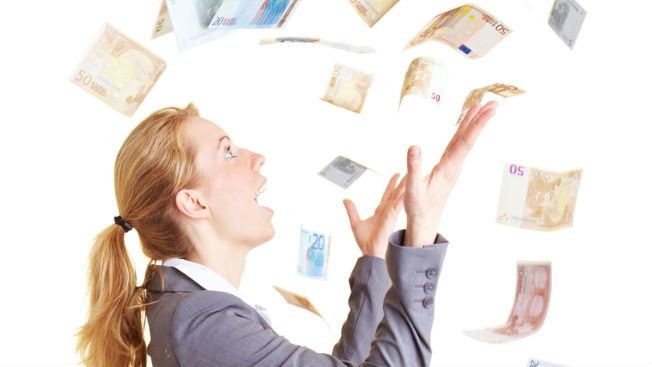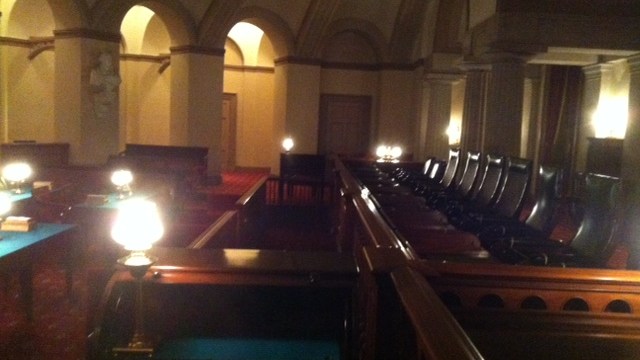Taking Loans to the Micro Level: Muhammad Yunus
Big Idea: Micro-Loans/Micro-Financing
Bangladeshi Banker and Economist, Muhammad Yunus, won the Nobel Peace Prize in 2006 for poverty reduction through his implementation of microfinance. Microfinance and microcredit involves giving small loans to entrepreneurs who are too poor to qualify for a traditional bank loan. This is an attempt to promote economic self-sufficiency and foster entrepreneurship among the poor. On a more macro level, it reduces global poverty.
Yunus believes that access to the necessary resources to make a living, like access to credit, should be a basic human right. Human beings are creative and will find some way to make more money if they are given the initial opportunity. Yet, two-thirds of the world’s population does not have access to any kind of financial services, including banks. Traditional banks only extend credit to those with higher incomes, employment, and collateral, basically leaving the poor at the mercy of loan sharks. The poor are creative and hard working entrepreneurs, denied access to basic financial resources.
Questions have been raised about whether micro-financing is simply charity for the poor. Yunus responds that giving money without any expectation of getting paid back, is charity. While charity can be constructive, it is not the way to foster entrepreneurship and self-reliance. Individuals receiving financial handouts, with not strings attached, are likely to squander the money and not pay it back. But, as soon as there is an expectation that this money needs to be paid back, individuals will engage in activities that will allow them to do so. In other words, they will not “misuse” this money.
Initially, when I learned that Yunus was giving loans to entrepreneurs who were too poor to acquire normal loans, I immediately thought men. However, 97% of these microloans are given to women and there is a 96% repayment rate. Giving these loans to a predominant female population will do two things. The first is simple and direct it will build confidence and self-esteem of the women in the economic system. The second is indirect. Since women take care of children, if you take care of women, you will take care of children. It is solving two problems for the price of one.
Grameen Bank is 100% owned by poor Bangladeshi women. This means that there is an incentive to pay back the money to the bank, because the profit will all eventually go back to them, as owners of the bank, but more importantly, it will allow them to better achieve their goals. Grameen Bank is a social business. Its objective is not to generate profit like a traditional profit making institution, but to create economic self-sufficiency among the poor and increase self-esteem and confidence among women.
With these microloans and policies of microfinance, Yunus has aided in increasing the income level in Bangladesh, along with increasing the amount of people coming out of poverty. At this point, 80% of families in Bangladesh have access to microcredit, and in 4 years, 100% will.
Yunus expanded his operations to New York and there is now a branch of Grameen Bank in NYC, which funds the projects of mostly single mothers, with a 99% loan repayment rate.
Check it out here:




